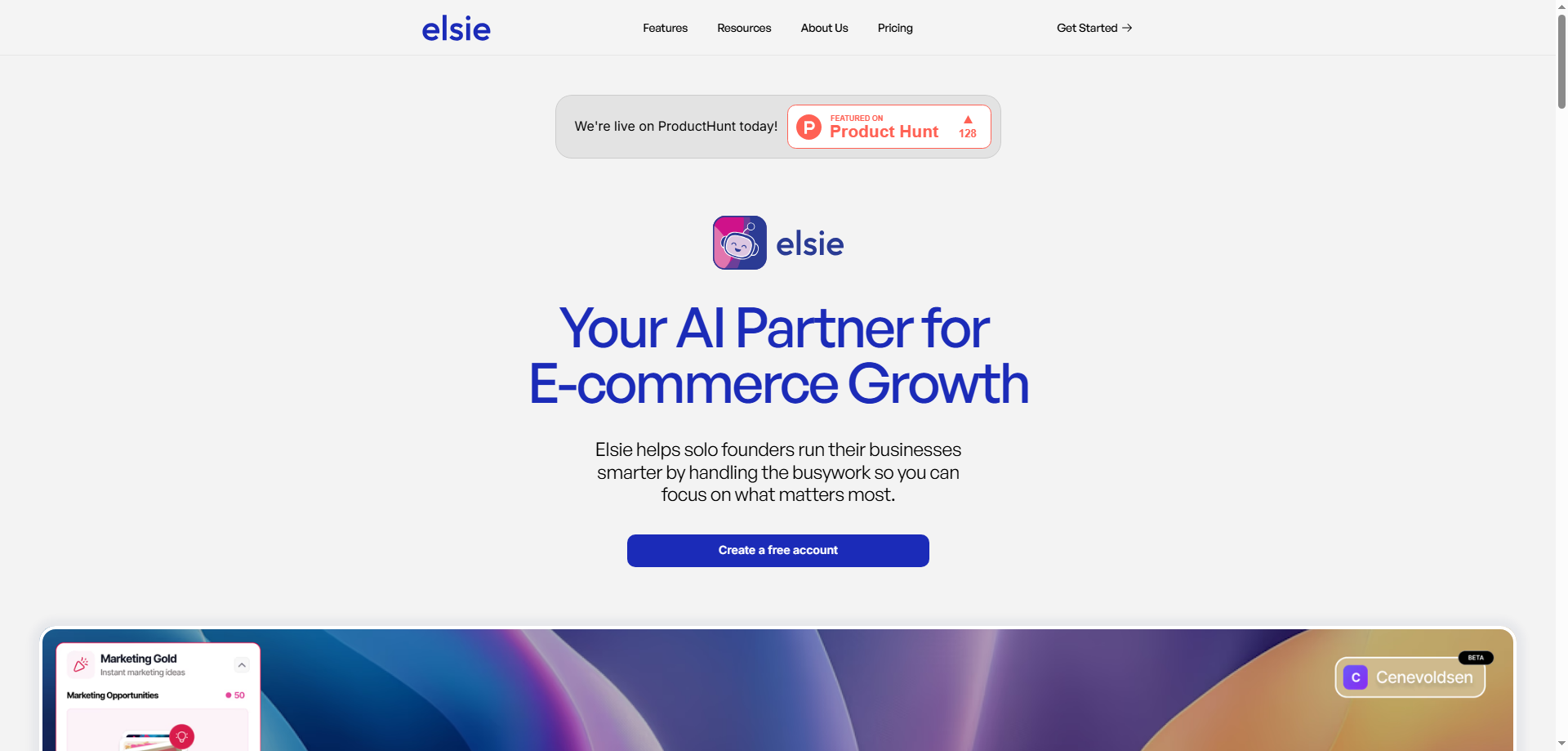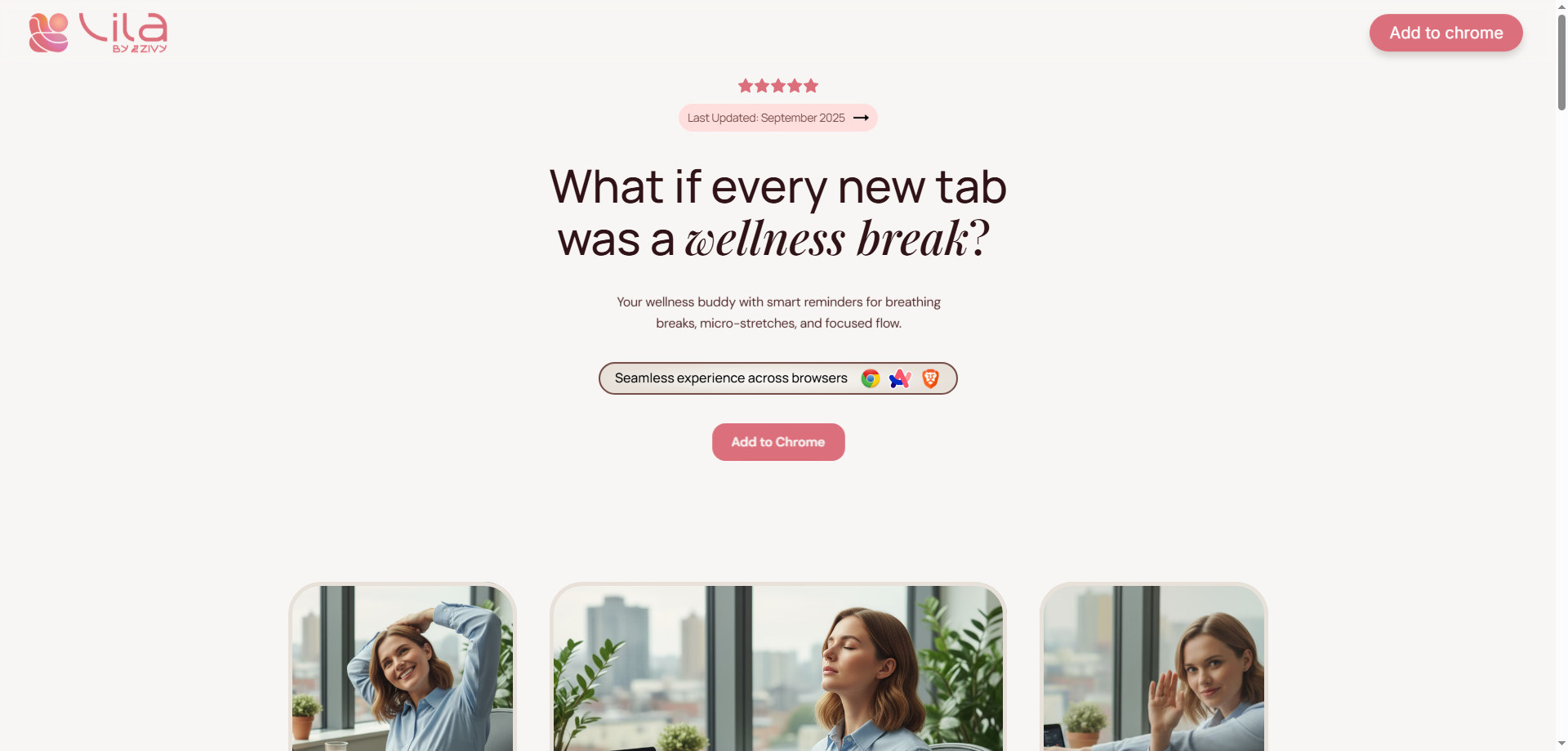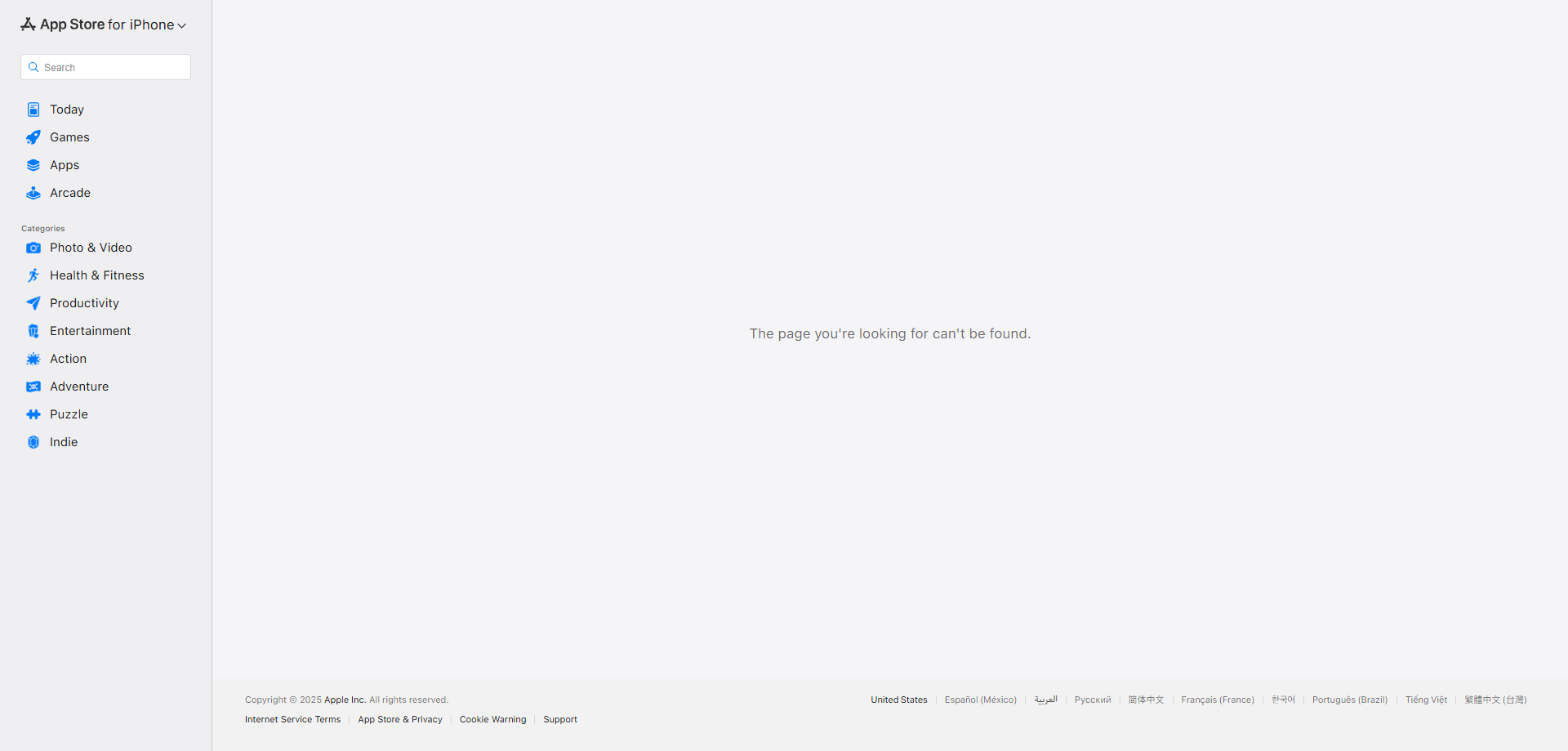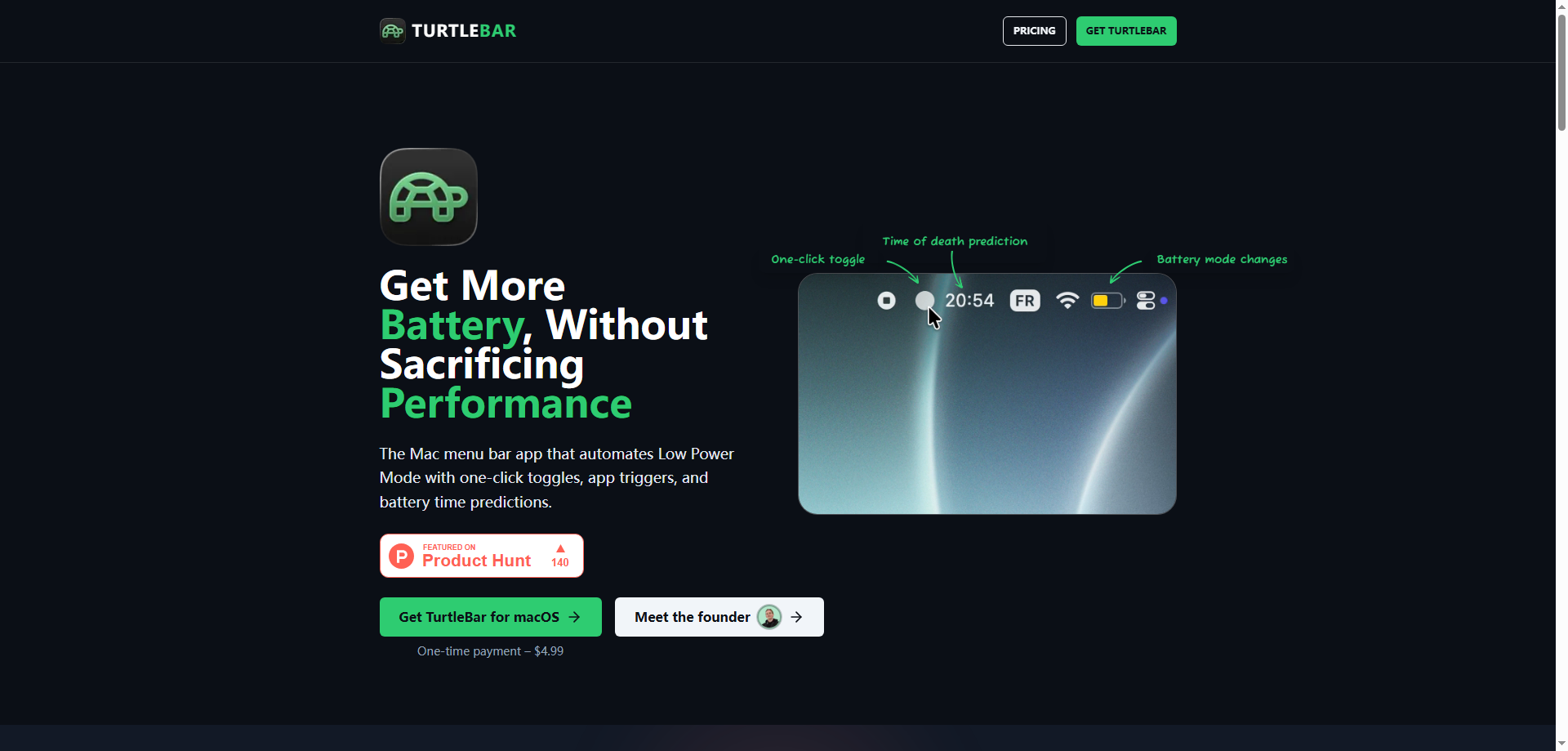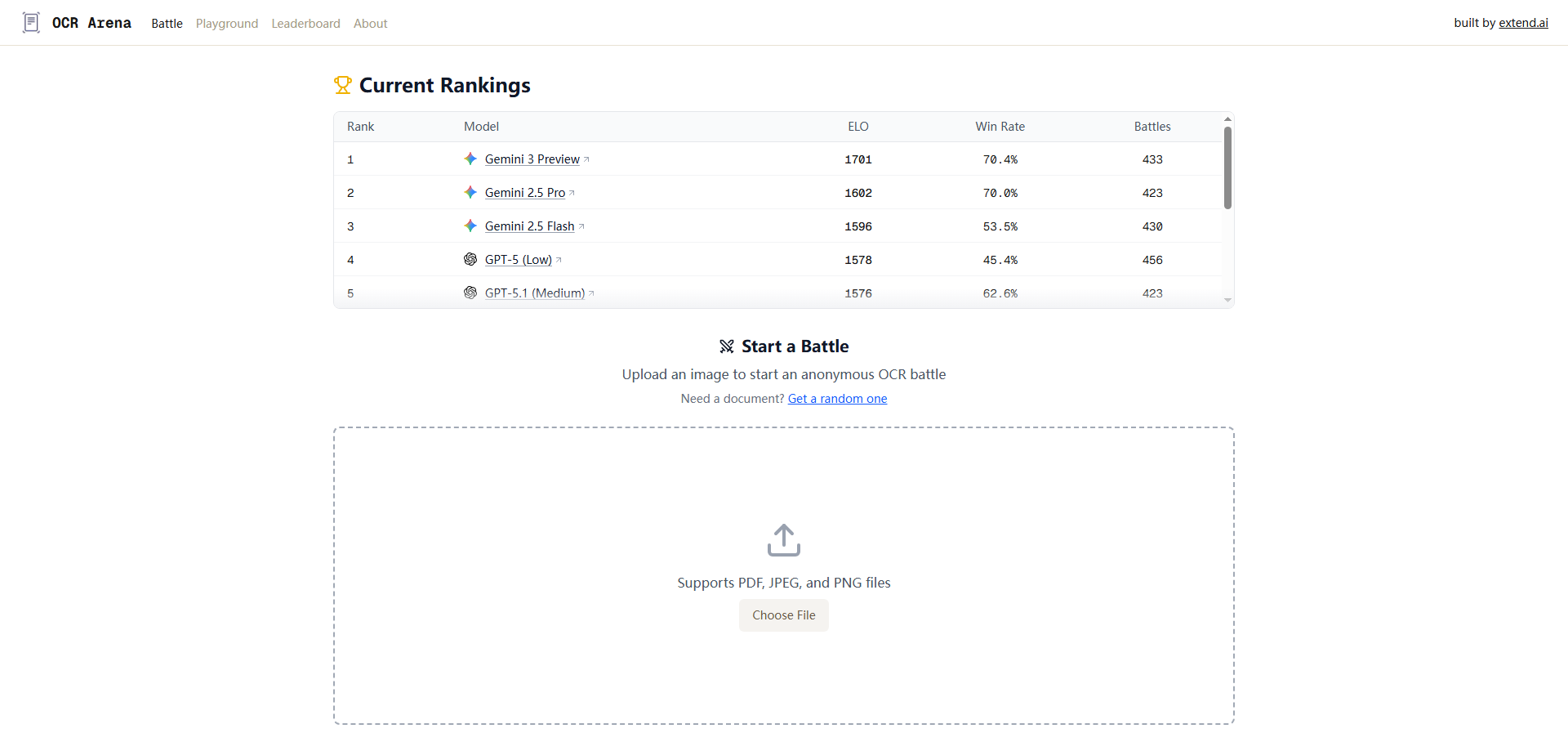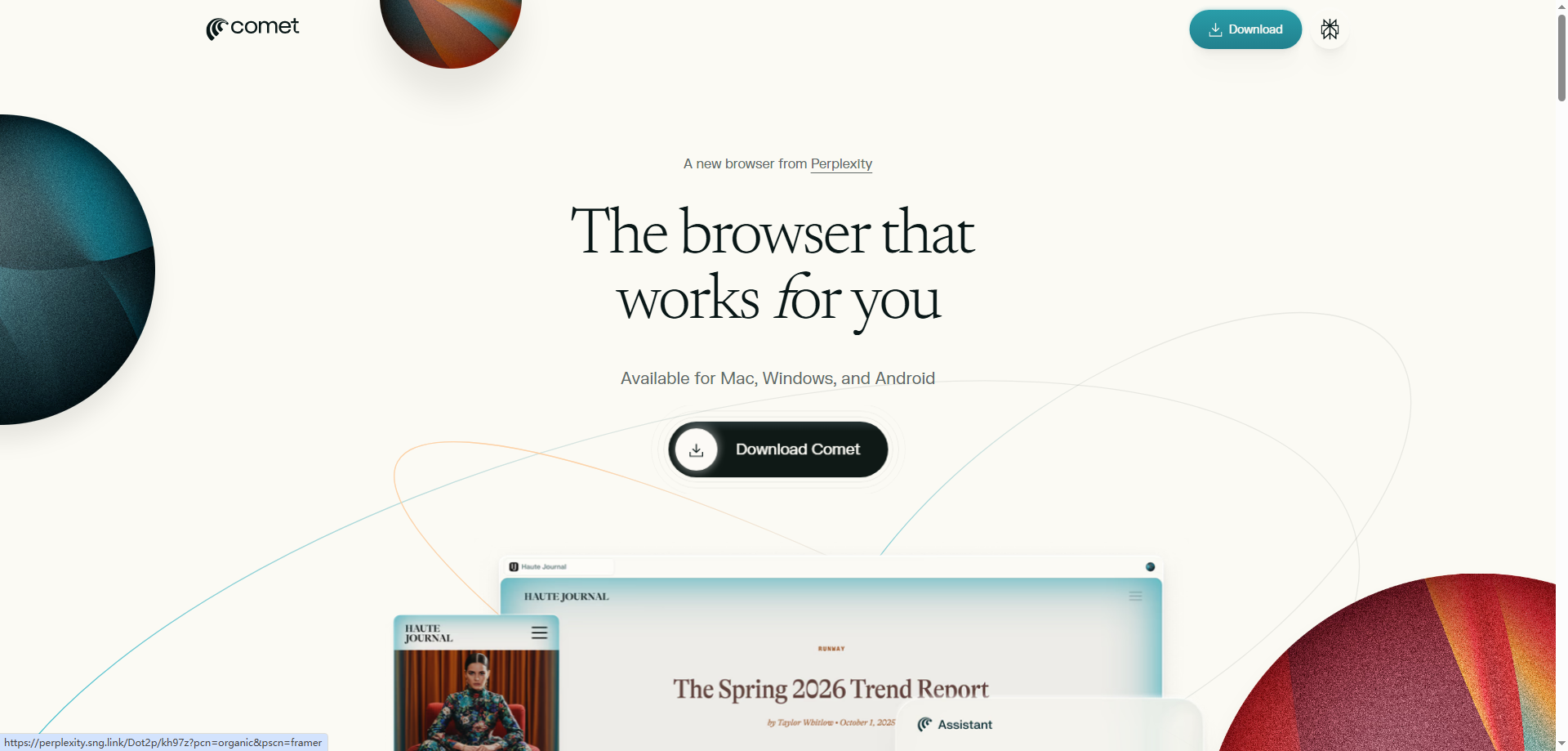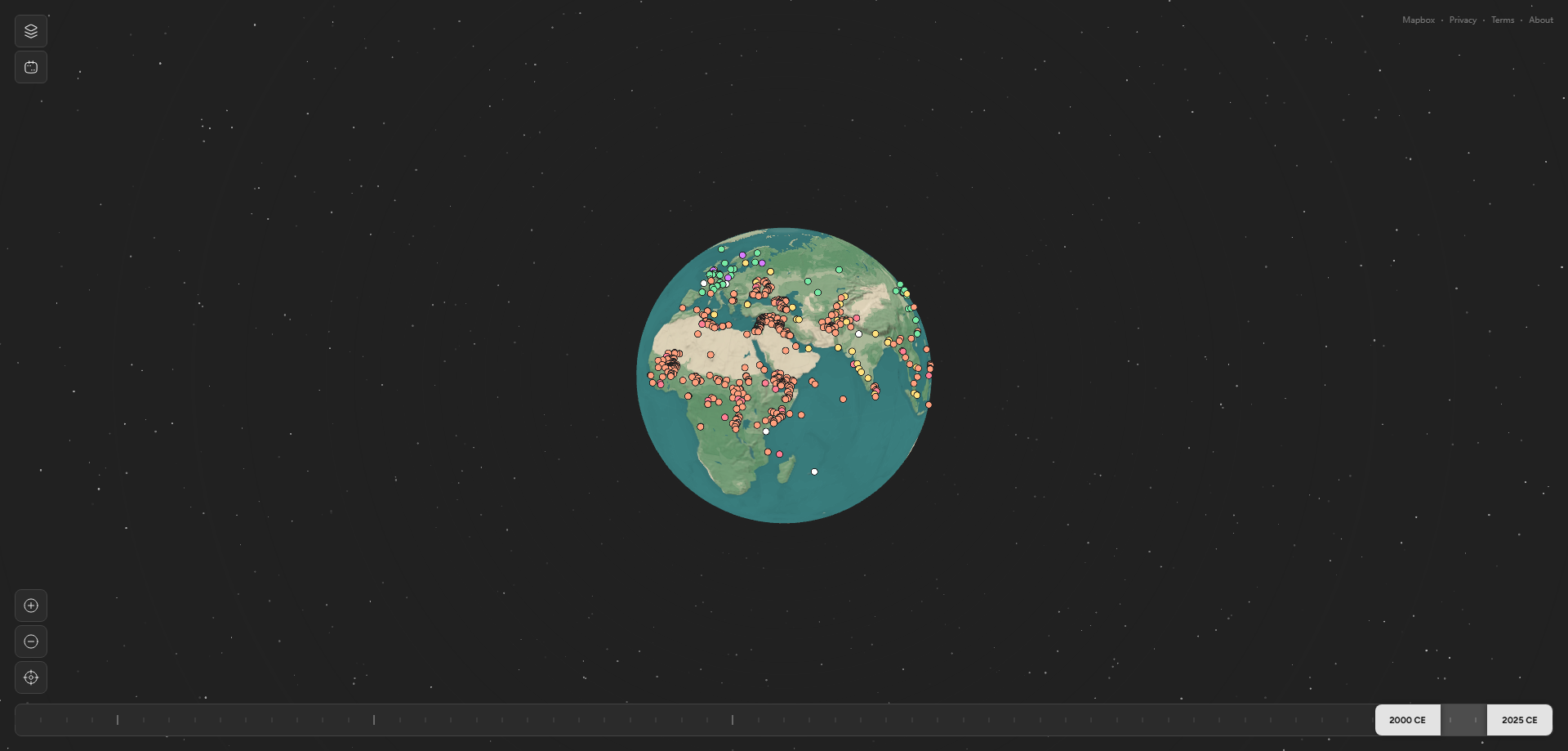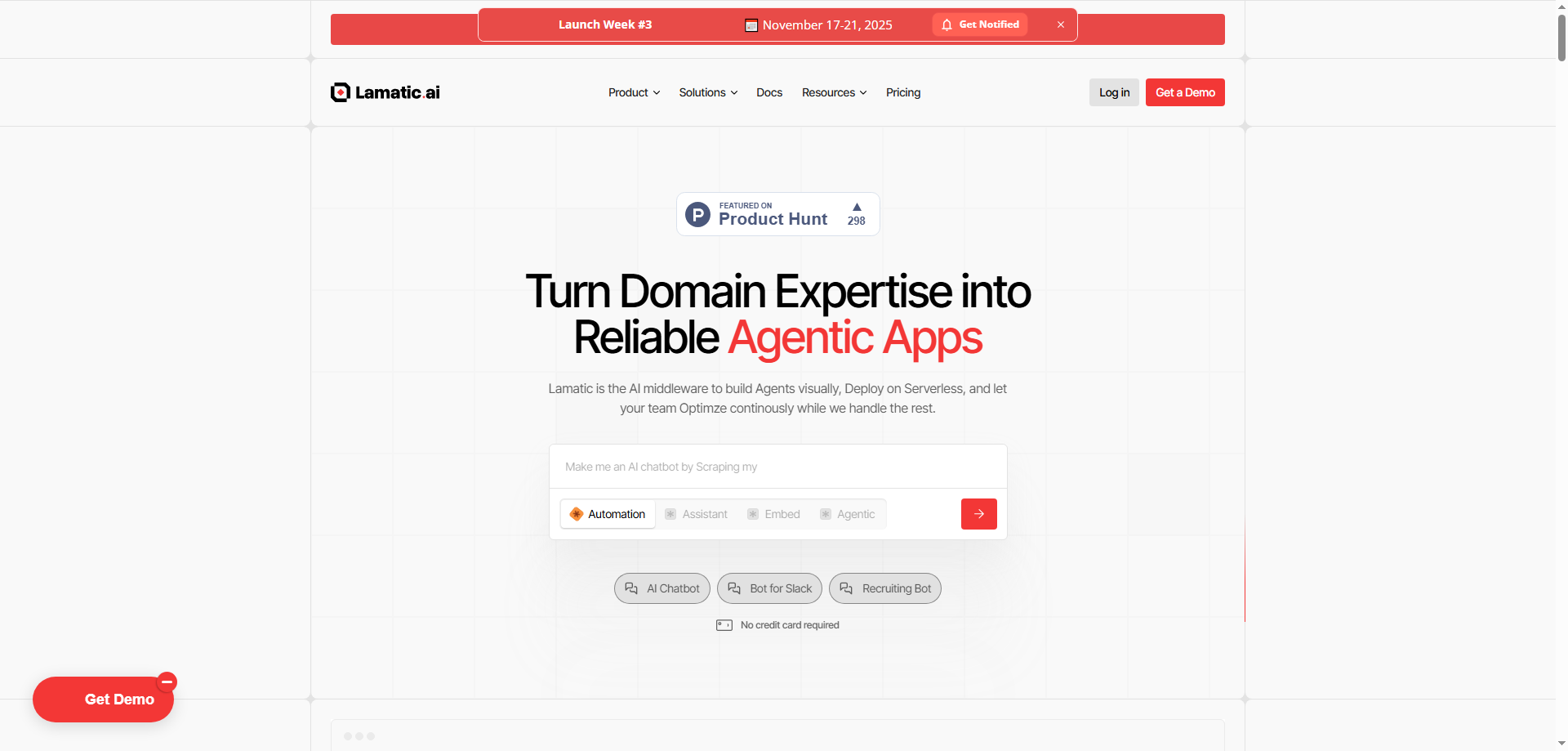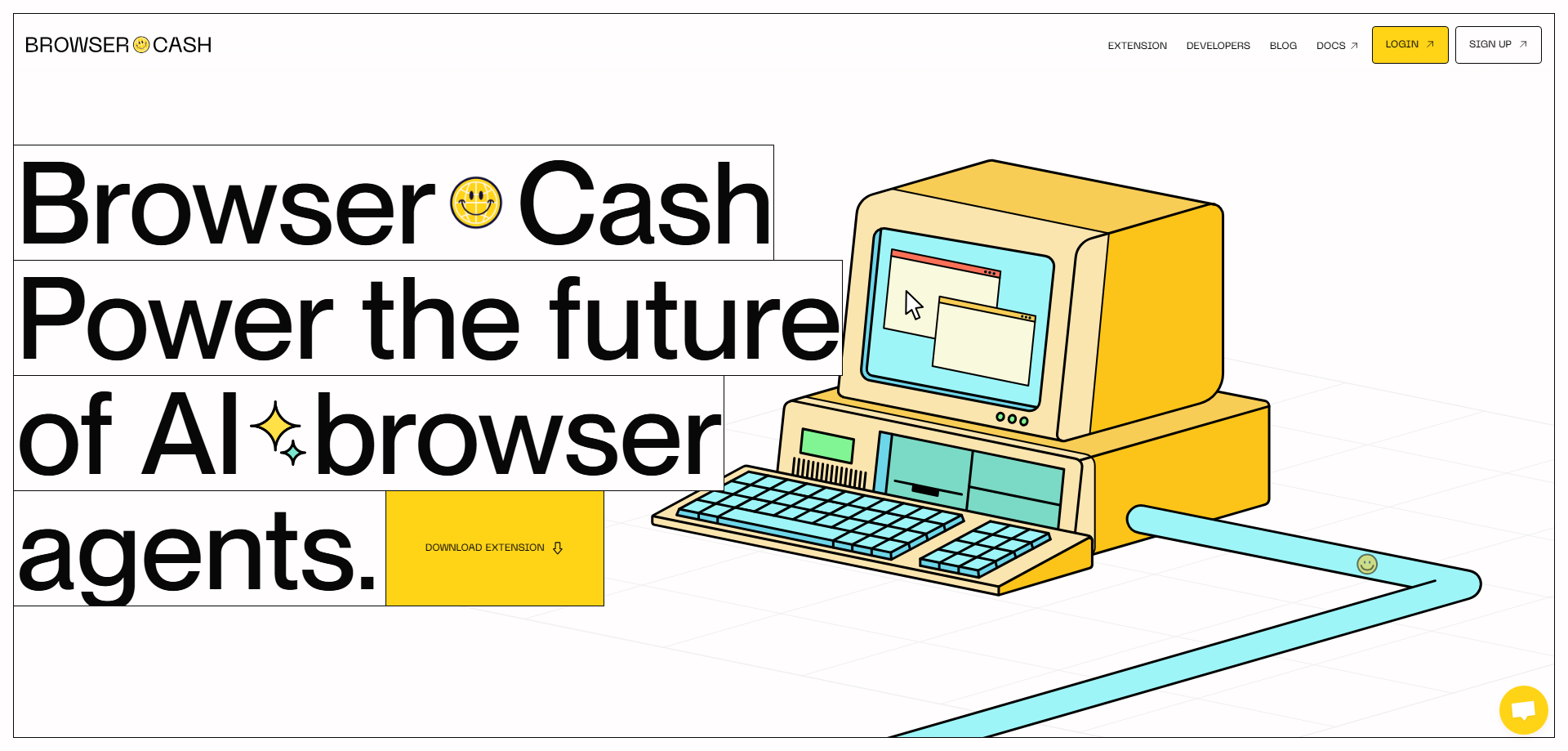The Creative Vision: Why Elsie AI Gets Solo Entrepreneurship Right
When I first encountered Elsie AI, something clicked in my brain. I've been a solo entrepreneur, and I've felt the exact pain this product addresses. You're wearing seventeen hats simultaneously—marketer, developer, customer service, accountant, strategist—and you're drowning in tasks that aren't moving the needle. Elsie AI's creative insight is simple but profound: what if AI could handle the busywork so you can focus on what actually grows your business?
The creative positioning is excellent. Elsie AI isn't trying to be another generic AI assistant that answers random questions. It's specifically designed for indie entrepreneurs running e-commerce businesses. That narrow focus is smart creative strategy—by targeting a specific audience with specific pain points, they can build features that actually matter rather than trying to be everything to everyone.
What I find particularly creative is the "AI business partner" framing. Not a tool, not an assistant, but a partner. That's emotionally resonant for solo entrepreneurs who often work alone and miss having someone to bounce ideas off. The promise that Elsie "learns your data and remembers your context" transforms it from a one-off query tool into an ongoing relationship. That's creative positioning that addresses the loneliness and isolation of solo entrepreneurship.
The three-feature approach is smart creative curation: marketing creative generation, website health checks, and conversational AI partner. These aren't random features—they're addressing the three areas where indie e-commerce founders struggle most: marketing (getting customers), technical operations (keeping the site running), and strategy (making smart business decisions). That shows deep understanding of the customer journey.
I particularly appreciate the "co-designed with indie entrepreneurs" angle. Too many AI tools are built by tech people for tech people. Elsie AI explicitly states it was designed with the actual users experiencing the daily grind of entrepreneurship. That creative collaboration should result in features that actually solve real problems rather than theoretical ones.
The brand identity positioning around helping entrepreneurs "focus on what matters most" is emotionally intelligent. Every solo entrepreneur I know feels overwhelmed and guilty about not spending enough time on high-impact activities. Elsie AI is speaking directly to that pain and positioning as the solution. That's empathetic, effective creative messaging.
What concerns me slightly is whether "handling busy work" is specific enough. What exactly constitutes busy work? Different entrepreneurs have different bottlenecks. Elsie AI needs to prove it understands individual business contexts deeply enough to truly be helpful rather than just generically useful.
The fact that it's currently in free beta shows smart creative go-to-market strategy. Let users experience value before asking for payment. Build dependency and demonstrate ROI during the beta period. That's creative customer acquisition thinking.
Overall, the creative vision is strong: become the indispensable AI business partner specifically for solo e-commerce entrepreneurs by handling the three biggest operational pain points. If execution matches this vision, it's genuinely valuable.
Can Elsie AI Replace Your Current Business Operations Stack? The Disruption Question
Alright, let's talk disruption. I run my own projects and currently use about ten different tools to manage various aspects of my business. Can Elsie AI actually consolidate and replace these? Let's analyze honestly.
Competing Against Marketing Tools:
Right now, indie entrepreneurs use tools like Canva for design, ChatGPT for copywriting, Jasper or Copy.ai for marketing content. Can Elsie AI replace these? The "brand-aligned marketing creatives" promise is intriguing. If Elsie can generate graphics, copy, and campaign ideas that are consistently on-brand, that's valuable consolidation. However, these specialized tools have years of refinement. Canva has thousands of templates. Jasper has model training on marketing conversion data. Can Elsie match their depth in v1.0? Probably not. But for "good enough" marketing for indie businesses, maybe yes.
Competing Against Website Monitoring Tools:
Website health checks currently require tools like Google PageSpeed Insights, Broken Link Checker, maybe Hotjar for user experience issues. Elsie AI promises "actionable website health checks." If this genuinely provides comprehensive technical audits with specific fixes, that's valuable. But website monitoring is technically complex. Can Elsie detect security vulnerabilities, SEO issues, performance bottlenecks, UX problems all in one check? That's ambitious. If they can execute this well, it could replace 3-4 separate monitoring tools. But if it's superficial, it won't replace anything.
Competing Against Business Advisory:
This is where it gets interesting. Solo entrepreneurs currently get business advice from: mentors (if they have them), online courses, communities like Indie Hackers, or expensive consultants. Elsie AI's conversational business partner that learns your data could genuinely disrupt this space. If Elsie can provide personalized strategic advice based on your actual business metrics and remember previous conversations, that's incredibly valuable. It's like having a business consultant on retainer but for free (during beta).
The context retention is potentially game-changing. Most AI tools have no memory. You explain your business context every single conversation. If Elsie actually remembers and learns from your data, that transforms it from a tool to a genuine partner. That could disrupt the entire AI assistant category, not just business tools.
The Real Disruption Opportunity:
Where I see Elsie AI genuinely disrupting is in reducing tool sprawl. Solo entrepreneurs are drowning in subscriptions—$29/month for this, $49/month for that. If Elsie can consolidate even 3-4 tools into one interface while being "good enough" at each function, the economic value is substantial. Not to mention the cognitive load reduction of not switching between ten different apps.
The indie e-commerce market is massive and underserved. Shopify has merchants, but most are struggling with operations. Etsy sellers, Amazon FBA sellers, dropshippers—millions of people who could use exactly what Elsie promises. If they can capture even a small percentage of this market, that's significant disruption.
Where Elsie Can't Disrupt:
Let's be realistic. Large e-commerce operations with teams won't use Elsie. They need enterprise tools with advanced features, integrations, and support. Elsie is targeting solo and micro businesses. That's a different market segment with different needs.
Specialized needs won't be met. If you need advanced SEO analysis, Elsie probably won't match Ahrefs. If you need professional design, Elsie won't match a designer or even Canva's full capabilities. Elsie is about consolidating "good enough" solutions for most needs, not being best-in-class at everything.
My verdict on disruption: Elsie AI won't replace specialized tools for specific functions, but it could genuinely disrupt the indie e-commerce operations market by consolidating multiple "good enough" tools into one AI partner. The key is whether the execution delivers on the ambitious promise.
Will Indie Entrepreneurs Actually Adopt Elsie AI? The User Acceptance Analysis
Now the critical question: will actual indie entrepreneurs use and stick with Elsie AI? The Product Hunt data shows 127 votes with 7 discussions. That's... modest. Not terrible, but not strong validation either. Let's dig into what determines user acceptance.
The Solo Entrepreneur Psychology:
I know this user persona intimately. Solo entrepreneurs are simultaneously desperate for help and skeptical of tools promising too much. We've been burned by software that overpromises and underdelivers. We're also overwhelmed and time-poor. Elsie needs to prove value incredibly quickly or we'll abandon it.
The free beta is smart for acceptance. Indie entrepreneurs are price-sensitive. We'll try free tools readily. But converting to paid subscriptions is harder. Elsie needs to demonstrate clear ROI during beta—show us that it saved X hours or generated Y revenue. Without quantifiable value, conversion to paid will be weak.
User Segment Analysis:
Let me break down acceptance by specific entrepreneur types:
New E-commerce Entrepreneurs (First 6 months): High potential acceptance. These users are overwhelmed and don't have established workflows. They're looking for guidance and help. An AI partner that teaches while helping is perfect for this stage. If Elsie can be that "experienced mentor" guiding new entrepreneurs, acceptance will be strong.
Established Solo Entrepreneurs (1-3 years): Moderate acceptance. These users have established workflows and existing tools. Switching costs are real. Elsie needs to be significantly better than current solutions to justify disrupting working systems. However, if Elsie can automate tasks they currently do manually, the time savings could drive adoption.
Scaling Entrepreneurs (Ready to hire): Low acceptance. Once you're at the point of hiring team members, AI assistants become less critical. You need human team members who bring creativity and judgment. Elsie makes most sense before you can afford to hire, not after.
Technical vs. Non-Technical Founders:
Non-technical founders will likely have higher acceptance. The website health checks and technical optimization suggestions fill a real knowledge gap. Technical founders might find Elsie's suggestions too basic or obvious.
The "Learning Your Data" Promise:
This is crucial for acceptance. If Elsie genuinely learns your business and provides increasingly personalized advice over time, stickiness will be high. People become attached to systems that understand them. However, if the "learning" is superficial or the advice remains generic, users will quickly see through it and leave.
The context retention could be a killer feature for acceptance. If I can have ongoing conversations with Elsie about my business strategy and it remembers everything we discussed, that's incredibly valuable. It's like having a business partner who never forgets. But if the memory is buggy or limited, it becomes frustrating rather than helpful.
The Trust Factor:
Indie entrepreneurs need to trust that Elsie's advice is good. Who's behind the AI? What data is it trained on? Are the marketing suggestions actually effective or just generic? Are the website health checks catching real issues? Without transparency and proof, acceptance will be limited.
The 1848 Ventures backing provides some credibility. It's not just a random indie developer—there's a company behind it with resources. That helps with trust. But it's not a household name, so they still need to build reputation through results.
The Competition From Free Alternatives:
Here's the challenge: ChatGPT is free. Canva has a free tier. Google PageSpeed Insights is free. Why use Elsie instead? The value proposition needs to be integration and specialization. If Elsie provides specifically e-commerce-focused advice that generic tools can't, and saves time by consolidating tools, that justifies adoption. But if it's just a ChatGPT wrapper with some templates, acceptance will be low.
Practical Concerns:
How does data sharing work? Do I need to connect my Shopify account? Give Elsie access to Google Analytics? The convenience of AI learning your business comes with privacy and security concerns. Indie entrepreneurs are rightfully cautious about sharing business data. Elsie needs clear, trustworthy data handling.
My take on user acceptance: Moderate potential among new and non-technical e-commerce entrepreneurs who are overwhelmed and seeking guidance. Lower acceptance among established entrepreneurs with existing workflows. The key to high acceptance is genuinely delivering personalized, valuable advice that saves significant time and proves ROI quantifiably. Without that, it remains another AI tool in a crowded market.
Survival Rating: 3/5 Stars - Cautiously Optimistic But Concerned
Time for honest assessment. Will Elsie AI exist and be thriving twelve months from now? I'm giving it 3 out of 5 stars for survival probability. This is exactly middle ground—it could go either way. Let me explain my reasoning.
Why 3 Stars (Not Higher)?
The Product Hunt validation is concerning. 127 votes with only 7 discussions suggests limited viral enthusiasm. For a tool targeting a large market (indie entrepreneurs), stronger initial traction would be encouraging. This could indicate weak product-market fit or ineffective marketing. Both are survival risks.
The competitive landscape is intense. Every AI company is building business assistants. Microsoft has Copilot. Google has Gemini for Workspace. OpenAI is pushing ChatGPT for business use. Well-funded startups are tackling similar problems. Elsie needs clear differentiation beyond being "for indie entrepreneurs" because larger players can target this segment too.
The monetization path is unclear. It's currently free beta. What happens after beta? How much will they charge? Indie entrepreneurs are price-sensitive. If pricing is too high, adoption crashes. If too low, revenue doesn't cover costs. Finding sustainable pricing for this market is notoriously difficult.
The technical execution challenge is significant. Building AI that genuinely learns business context, provides good marketing advice, and performs comprehensive website analysis is hard. Each of these is its own product category. Doing all three well simultaneously requires substantial technical resources and expertise. Can they deliver quality across all features?
The 1848 Ventures backing is both positive and concerning. Positive because they have resources. Concerning because if Elsie is a venture-backed bet, it needs to show rapid growth. If growth is slow, funding might dry up and the product could be shut down despite being useful. Venture-backed timelines don't always align with product development realities.
Why 3 Stars (Not Lower)?
Despite concerns, I'm moderately optimistic. The problem Elsie addresses is absolutely real and painful. Solo entrepreneurs genuinely struggle with the exact issues Elsie targets. The market need exists—it's just about execution and go-to-market.
The specific positioning (indie e-commerce) is smart. Broad AI assistants struggle with specificity. By focusing on one vertical, Elsie can build deep, relevant features. Vertical SaaS often succeeds where horizontal tools struggle. If they dominate the indie e-commerce niche, that's a sustainable business.
The three-feature approach is balanced. Marketing, technical monitoring, and strategic advice cover different entrepreneur needs without being overwhelming. It's ambitious but not absurdly so. They could feasibly build and maintain these features with a reasonable team.
The timing is decent. AI assistants are hot. Entrepreneurs are increasingly comfortable with AI tools. The macro conditions favor AI-powered business tools right now. Riding this wave helps.
The "co-designed with entrepreneurs" suggests they're building for real users with real feedback loops. Products built with their intended users tend to have better product-market fit than products built in isolation.
Critical Survival Risks:
-
Failure to prove ROI: If users can't clearly see time or money saved, they won't pay post-beta.
-
Generic AI problem: If Elsie feels like a ChatGPT wrapper rather than specialized tool, differentiation fails.
-
Technical delivery gaps: If website checks are superficial or marketing advice is generic, value proposition collapses.
-
Pricing missteps: Either pricing too high (no customers) or too low (unsustainable economics).
-
Venture pressure: If investors push for rapid growth that isn't organically happening, the product might pivot or shut down prematurely.
Survival Opportunities:
-
Indie e-commerce boom: E-commerce continues growing. More solo entrepreneurs need exactly what Elsie offers.
-
Platform partnerships: Partnering with Shopify, Etsy, WooCommerce for integrated tools could provide distribution.
-
Community building: Building a strong entrepreneur community around Elsie creates network effects and retention.
-
Vertical expansion: Once indie e-commerce is proven, expand to other solo business types (consultants, agencies, creators).
-
White-label opportunities: Licensing Elsie's AI to platforms serving entrepreneurs could provide B2B revenue stream.
What Would Increase My Rating:
I'd bump to 4+ stars if I see:
- 10,000+ active beta users within 6 months
- Strong testimonials with specific ROI examples (saved X hours, generated Y sales)
- Clear pricing announced with reasonable entrepreneur acceptance
- Case studies showing the AI genuinely learns business context over time
- Partnerships announced with major e-commerce platforms
- Evidence of strong retention (users still active 3+ months later)
My Honest Prediction:
I think Elsie AI will likely survive the next twelve months, but whether it thrives depends entirely on execution during this beta period. Most probable scenario: they maintain the product, achieve modest user adoption among indie entrepreneurs, struggle with monetization initially, and iterate based on feedback.
Best case: They nail product-market fit during beta, users rave about specific features that genuinely save time, they build a passionate community, and convert to sustainable paid model. Becomes the go-to AI tool for indie e-commerce.
Moderate case: Solid product that helps some users but doesn't achieve breakout success. Maintains small but loyal user base. Survives as a useful niche tool but doesn't become massive.
Worst case: Beta reveals product isn't differentiated enough from free alternatives, users don't see enough value to convert to paid, venture backers lose patience, product sunsets within 18 months.
The middle rating reflects genuine uncertainty. Elsie has real potential but faces significant execution and market challenges. It's neither doomed nor guaranteed—it's in that precarious middle zone where the next 6-12 months determine everything.
Final Thoughts: What Elsie AI Needs to Succeed
Look, as a former solo entrepreneur, I want Elsie AI to succeed. The promise of an AI business partner who handles busywork while I focus on growth is incredibly appealing. The problem is real, the pain is authentic, and the solution approach is sound.
But wanting something to succeed and predicting it will succeed are different. My 3/5 star rating reflects realistic assessment of the difficult path ahead.
If you're an indie entrepreneur, I'd say definitely try Elsie during free beta. You have nothing to lose. See if the marketing suggestions actually work for your brand. Test whether the website health checks catch real issues. Have strategic conversations with the AI and evaluate if the advice is actually valuable. Give it a real shot.
But don't become dependent yet. Until Elsie proves it can deliver sustained value and has a clear sustainable business model, treat it as a supplementary tool rather than your core business infrastructure.
If you're the Elsie AI team, here's what I think you need to focus on: Prove specific ROI during beta. Don't just say you help entrepreneurs—show specific examples: "Elsie helped Sarah generate marketing copy that increased conversion by 15%" or "Elsie identified a website bug that was costing Mike $500/month in lost sales." Specific, quantifiable wins build trust and justify payment.
Also, build community aggressively. Indie entrepreneurs are lonely. If Elsie can facilitate connections between entrepreneurs while providing AI assistance, that creates network effects that increase retention and word-of-mouth growth.
Finally, be transparent about what Elsie can and can't do. Don't overpromise. Set realistic expectations. Indie entrepreneurs appreciate honesty more than hype.
My 3/5 stars reflects cautious optimism. Elsie AI has potential, but survival requires exceptional execution in a competitive market with demanding users. The next year will reveal whether Elsie becomes an indispensable business partner for indie entrepreneurs or another AI tool that couldn't quite deliver on its promise.
I'm rooting for Elsie, but I'm watching with measured expectations. Time will tell.
